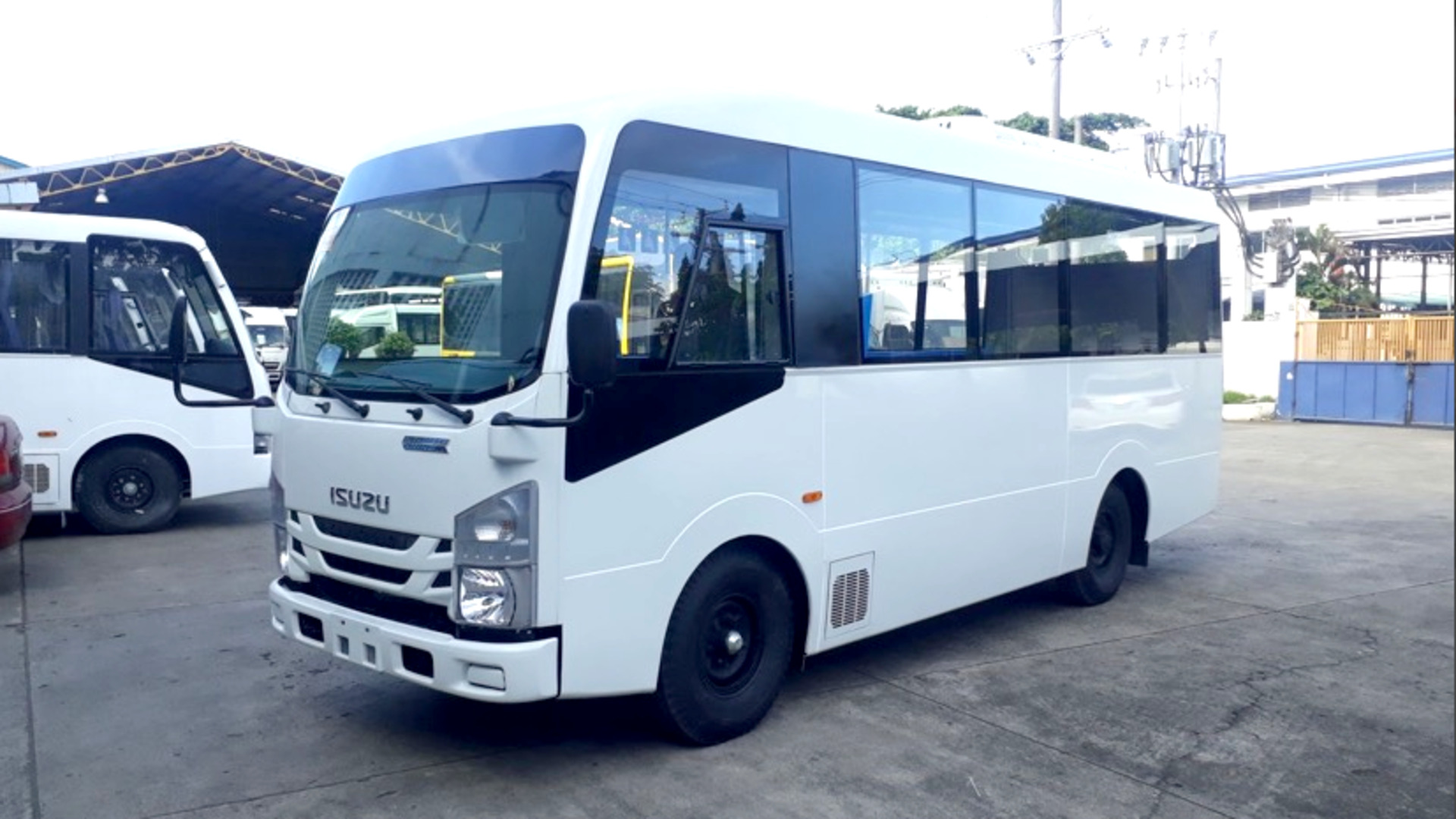The Automotive Body Manufacturers Association of the Philippines (ABMAP) is sounding the alarm over the stalled Public Utility Vehicle (PUV) Modernization Program, following reports that the Development Bank of the Philippines (DBP) and Landbank have exhausted their budgets for this groundbreaking initiative. ABMAP is urgently calling on the government to secure additional funding and prioritize the program, which is critical not only for modernizing the country’s dilapidated, polluting, and unsafe jeepneys but also for revitalizing the local automotive industry.
Edgar Manuel, ABMAP Executive Director, expressed deep concern over the funding shortfall. “The PUV Modernization Program is a transformative project that addresses multiple national issues—public safety, environmental sustainability, and economic growth. It is disheartening to hear that funding has run dry, especially when we are on the brink of realizing its immense benefits. We urge the government to act swiftly and allocate the necessary resources to keep this program alive,” Manuel said.

The program, which aims to replace aging jeepneys with modern, Euro 4-compliant vehicles, has already shown its potential to create jobs and stimulate economic activity. ABMAP estimates that the program directly supports over 10,000 employees across vehicle producers and parts manufacturers, including its member companies that build vehicle bodies, chassis, and components. The ripple effect extends to an additional 20,000 workers in the auto parts manufacturing sector, which supplies essential components.
“Modern PUVs are not just about improving public transport; they are about creating opportunities for local manufacturers and workers,” Manuel emphasized. “With locally produced vehicles adding 50% local value, every modern PUV supports our domestic supply chain, reduces reliance on imported parts, and strengthens the economy. This program is a lifeline for the local automotive industry, which has been struggling for years.”
The economic impact of the PUV Modernization Program is staggering. ABMAP estimates that producing at least 100 modern jeepneys locally could generate up to PHP 125 billion in economic activity, including investments in manufacturing, infrastructure, and related services.
Modern PUVs are designed to be more fuel-efficient, significantly reducing fuel consumption and lowering operating costs for drivers and operators. This shift not only eases financial burdens but also aligns with global efforts to reduce carbon emissions and combat climate change.
However, the program’s progress is now at risk due to the lack of funding. Manuel stressed that delays in implementation will have far-reaching consequences. “Every day we delay, we compromise the safety of millions of commuters, the health of our environment, and the livelihoods of thousands of workers. The government must step in and ensure that this program continues without interruption.”
ABMAP is calling on the government to explore alternative funding mechanisms, including partnerships with private financial institutions and international development agencies. “This program is too important to fail,” Manuel said. “We need a collective effort to secure the necessary funding and keep the momentum going. The future of our public transport system and the local automotive industry depends on it.”
The association remains committed to supporting the government in achieving the goals of the PUV Modernization Program. “This is not just about replacing old vehicles; it’s about building a better future for our country,” Manuel concluded. “We urge the government to act now and ensure that this groundbreaking project continues to move forward. Together, we can create a safer, cleaner, and more efficient public transport system while revitalizing our local automotive industry.”
ABMAP’s appeal underscores the urgency of the situation and the need for immediate action. With the right support, the PUV Modernization Program can transform the Philippines’ public transport system and set a new standard for sustainable mobility in the region.



